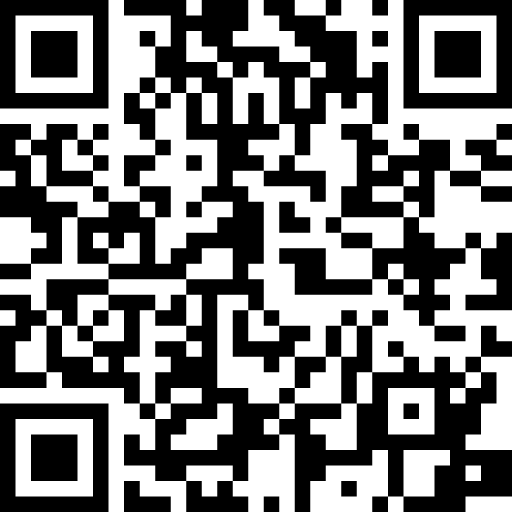What is Decred?
Decred (DCR) is a blockchain network with a strong focus on governance and with the goal of creating a network where every participant has the same amount of power.
In order to achieve that vision, Decred is building a unique hybrid proof-of-work (PoW) and proof-of-stake (PoS) consensus system.
Participating in blockchain governance has always been a rather exclusive activity that only core-developers, miners, or influential individuals who are part of the community have been able to access. However, this exclusivity slows the decision-making process and often leads to indecisiveness when it comes time to make a decision regarding the network (hence hard forks). It also centralizes the political power on the network in the hands of a relatively small group.
To solve this problem, Decred has created an autonomous, open-source, and sustainable digital currency system with community-based governance as its focal point. Decred’s hybrid PoW/PoS system ensures that a centralized group of players can not dominate the network and that edits cannot be made to the protocol without a wider consensus from the community.
Decred price
The Decred currency known as DCR was launched on February 8, 2016. The Decred price reached an all-time high on January 13, 2018, when one DCR was valued at $129.37. Since then, the Decred price, like the price of other cryptocurrencies, has moved dramatically.
How Decred works
Decred’s consensus mechanism incentivizes the community to participate in governance with proof-of-stake voting. Instead of miners receiving the total block reward as they do on most blockchain networks, on Decred, miners only receive 60% of the block reward. The remaining 40% is divided between users who stake their wealth and the Decred treasury; 30% is distributed to users, and 10% goes back to the Decred treasury to fund network development.
When a user stakes their funds on Decred, the funds are locked away for 28 days. At the end of the 28 days, users who staked their wealth receive the original amount of wealth that they staked as well as interest on that amount. Users who staked their wealth also receive tickets that are used in on-chain voting; each ticket gives its owner the ability to cast one vote.
These tickets allow users to have a binary (yes/no) vote in rule change proposals and allows users to validate/invalidate blocks on the blockchain.
On-chain and off-chain governance
Five live tickets are chosen for each block via random selection — each of these tickets receives 6% of the block reward, which is why 30% of the block reward goes to stakers, 6%*5= 30%— however, there is a 0.5% chance of ticket expiration without being selected to vote. If the expiration situation occurs, then the original ticket price is returned without a reward.
The community also uses tickets to validate the blocks created on the PoW side of the consensus. Sixty percent of the tickets (3 of the 5) must approve the previously mined block for miners to receive their share of the reward; this mechanism diminishes the potential for a foul play scenario where miners could mine empty blocks or conduct 51% attacks. However, if 60% of the tickets vote that the block is invalid, the block can be overridden.
In addition to the on-chain governance components, Decred also has an off-chain governance component. The Politeia platform serves as a public proposal system that provides the stakeholder community with transparency. On Politeia, users can submit, discuss, and vote on potential proposals for the platform. The proposals in Politeia relate to a number of aspects regarding the Decred blockchain, for instance, if the development team should start working on a new protocol, whether or not to deploy a feature that has already been created, and how the funds raised by the Decred treasury should be used.
Why Decred?
Blockchain governance on most networks is a rather exclusive activity. Unless you are a miner, a core developer, or a community member with a lot of influence, you often have no say regarding whether features should be added or removed from the network’s protocol, or how the network should use the funds they have raised.
That is why the team at Decred created a blockchain where every participant on the network has a voice. Whether you are a miner, a core-developer, or a speculator, you have to go through the same process to have your proposals realized on the Decred network; this means that all participants on the network have the same amount of power and influence.
This system revolves around community-based governance for decision making which helps new implementations come to fruition faster than they traditionally do on blockchain networks that don’t have an egalitarian governance system in place.


